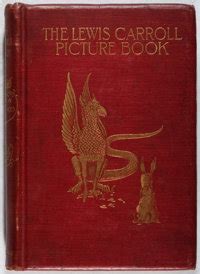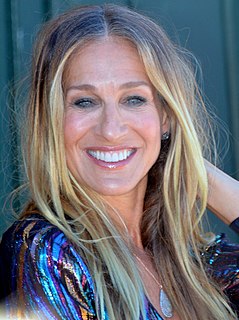A Quote by Beverly Cleary
I haven't been very enthusiastic about the commercialization of children's literature. Kids should borrow books from the library and not necessarily be buying them.
Related Quotes
[D]on't ever apologize to an author for buying something in paperback, or taking it out from a library (that's what they're there for. Use your library). Don't apologize to this author for buying books second hand, or getting them from bookcrossing or borrowing a friend's copy. What's important to me is that people read the books and enjoy them, and that, at some point in there, the book was bought by someone. And that people who like things, tell other people. The most important thing is that people read.
As for literature – to introduce children to literature is to install them in a very rich and glorious kingdom, to bring a continual holiday to their doors, to lay before them a feast exquisitely served. But they must learn to know literature by being familiar with it from the very first. A child's intercourse must always be with good books, the best that we can find.
Kids not only need to read a lot but they need lots of books they can read right at their fingertips.They also need access to books that entice them, attract them to reading. Schools...can make it easy and unrisky for children to take books home for the evening or weekend by worrying less about losing books to children and more about losing children to illiteracy.
It always seems to me that one of the saddest things about the death of a literary man is the fact that the breaking-up of his collection of books almost invariably follows; the building up of a good library, the work of a lifetime, has been so much labour lost, so far as future generations are concerned. Talent, yes, and genius too, are displayed not only in writing books but also in buying them, and it is a pity that the ruthless hammer of the auctioneer should render so much energy and skill fruitless.
It has always been my experience that, whatever groupings I choose for my books, the space in which I plan to lodge them necessarily reshapes my choice and, more important, in no time proves too small for them and forces me to change my arrangement. In a library, no empty shelf remains empty for long. Like Nature, libraries abhor a vacuum, and the problem of space is inherent in the very nature of any collection of books.
The food industry is spending almost $2 billion a year marketing directly to children and teens. We know that those ads lead to children demanding certain brands, and we know that food and drink marketing gets all of us to consume more calories. If we're going to address diet-related illnesses, talking about marketing to kids is a key step. There should be places like schools that are protected sanctuaries from commercialization and from advertising, especially when it comes to kids' health.
I grew up in a small town with a very small library. But the books in the library opened a large place in my heart. It is the place where stories live. And those stories have been informing my days, comforting my nights, and extending possibilities ever since. If that library had not been there, if the books - such as they were - had not been free, my world would be poor, even today.
I know, you've been here a year, you think these people are normal. Well, they're not. WE'RE not. I look in the library, I call up books on my desk. Old ones, because they won't let us have anything new, but I've got a pretty good idea what children are, and we're not children. Children can lose sometimes, and nobody cares. Children aren't in armies, they aren't COMMANDERS, they don't rule over forty other kids, it's more than anybody can take and not get crazy.
I wish that the adults who are 'in power' cared more about what their children read. Books are incredibly powerful when we are young - the books I read as a child have stayed with me my entire life - and yet, the people who write about books, for the most part, completely ignore children's literature.

































